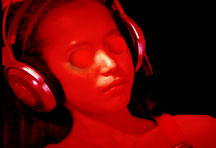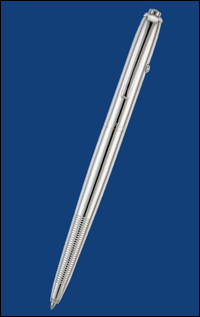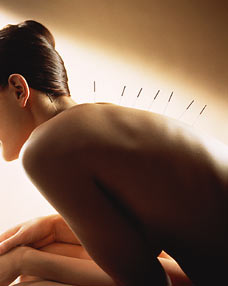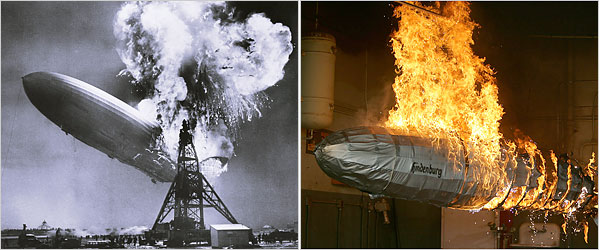Experimenter influence in parapsychology research

Here is an interesting article on experimental bias during parapsychology research. The suggestion is that subtle remarks and prompts made by the experimenters could have influenced the responses made by the subjects while they tried to “receive” psychic information.
How experimenters influenced participants in the ganzfeld parapsychology experiment
An analysis of conversations that took place during ganzfeld parapsychology experiments has revealed researchers may have exerted an influence on their participants.
Ganzfeld experiments involve a ‘sender’ trying to project images from a video clip to a ‘receiver’ who is incubated, blindfolded, in a sound-proof room. The ‘receiver’ reports the images they believe they are receiving to a researcher who notes them down. Crucially, the next stage involves the researcher reviewing these images with the ‘receiver’, before the ‘receiver’ attempts to identify the video clip seen by the ‘sender’ from among three decoys.
Experimenter influence in parapsychology research Read More »


 The Congressional Research Service (CRS) in the United States recently issued a
The Congressional Research Service (CRS) in the United States recently issued a 
 Did NASA really spend $1 million for a space pen, while the soviet’s used a simple pencil? This is a common story that, it turns out, is not quite true…
Did NASA really spend $1 million for a space pen, while the soviet’s used a simple pencil? This is a common story that, it turns out, is not quite true… Useless. Dangerous. Even crooked. The brutal verdict on our most popular complementary cures – by Britain’s foremost expert:
Useless. Dangerous. Even crooked. The brutal verdict on our most popular complementary cures – by Britain’s foremost expert:
